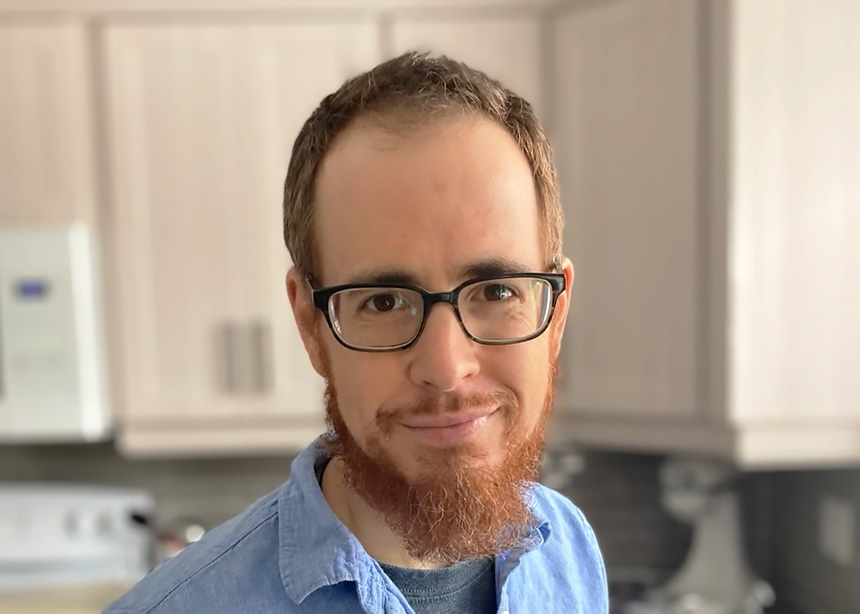On July 30, my brother was getting married in Williston, N.D., and I was the officiant. It was a lovely celebration, with little kids taking over the dance floor at the reception, and I’m delighted to have my brother’s partner join the family.
But the wedding meant I couldn’t take part in the nationwide church’s Gathering in Edmonton. As I’ve chatted with folks who went and I watched the available recordings, I can’t help but feel I missed out on something else very good.
The Gathering’s theme, “We declare what we have seen and heard,” leaned into a topic difficult for many of us. A pastor friend calls it the 10-letter dirty word: evangelism. Doug Klassen, MC Canada’s executive minister, reflected on the “disastrous and traumatizing” effects many of the church’s evangelism efforts have had. His conclusion: “I think we’ve gotten lost.”
My friend Charles Kiser tells something of the same story in a forthcoming book he’s coauthored with Elaine Heath, Trauma-Informed Evangelism. Building from interviews with folks who’ve been on the receiving end of heavy-handed, spiritually abusive evangelistic efforts, Charles and Elaine reflect on where we have indeed “gotten lost.” But they don’t leave us lost. Nor do they write off evangelism as a complete loss, a mistaken, shameful bit of our histories we try to put behind us. Instead, they ask, “How can practices of evangelism become means of healing rather than tools of harm?” That, to me, sounds more like good news.
Trauma-Informed Evangelism rejects all the strong-arm approaches, formulaic presentations of spiritual laws, and proof-texting doctrinal debates that seek mostly to increase our religious market share, enforce ideological conformity, or prop up flagging attendance numbers. Instead, it offers us a theological vision of “witness.” This isn’t just a product endorsement for our experience of God. Rather, together we become part of God’s good news by becoming like Jesus. Evangelism, if it’s really good news, makes the revolution of God we’ve seen in Jesus’ flesh once more visible, touchable, available. We again embody Jesus’ own gentle and bold witness to God’s healing.
Evangelism that heals joins Jesus as he joins the pain of our world. Jesus becomes God’s good news to us as he comes alongside our hurt in compassion and solidarity. These are, I think, some of the Jesus stories we love most. The cast-out man asks Jesus to heal him, and Jesus embraces him. Mothers bring him their children, and he pushes the self-important out of the way to bless them. Mary kneels weeping, and Jesus weeps with her, and then speaks life back to the dead. And Jesus’ tender solidarity accompanies the hurt we suffer at the hands of the powers and principalities all the way to a cross and a grave—and then out the other side!
In evangelism, we join in this same committed, active compassion.
I’ve seen this: communities that truly are good news to their neighbours, to one another, to all the world. If I’m honest, it’s their witness that’s kept me a Christian. Not their doctrinal correctness, not their perfect morality or position statements. It’s been congregations who become family for the abandoned, offering regular meals for the food insecure, providing housing for refugees, sharing childcare with overstretched parents, being companions for the dying. What the church has so often lost, these folks have found, and that’s good news.
Josh Wallace is Mennonite Church Saskatchewan’s interim executive minister and church engagement minister.








Leave a Reply
You must be logged in to post a comment.